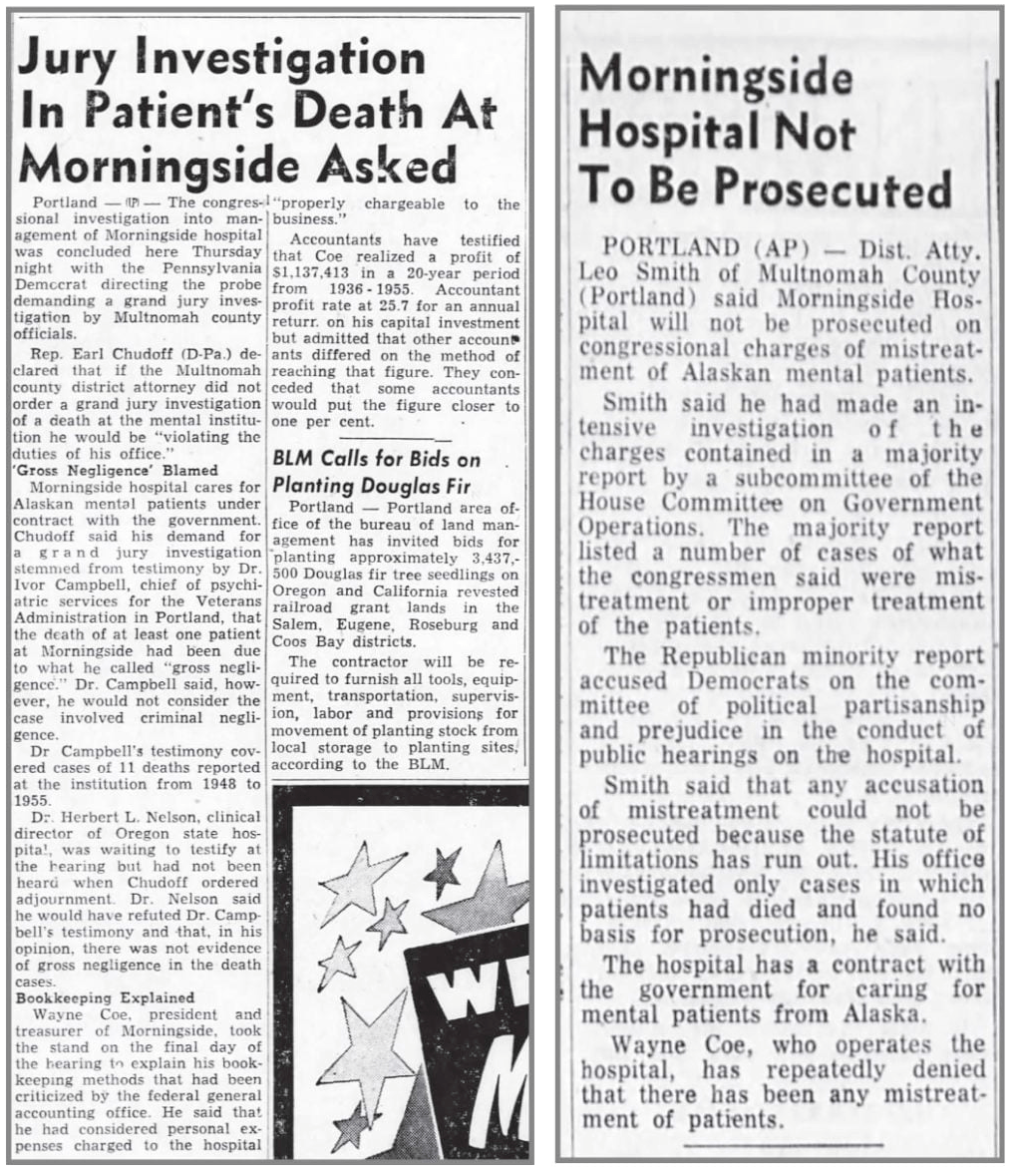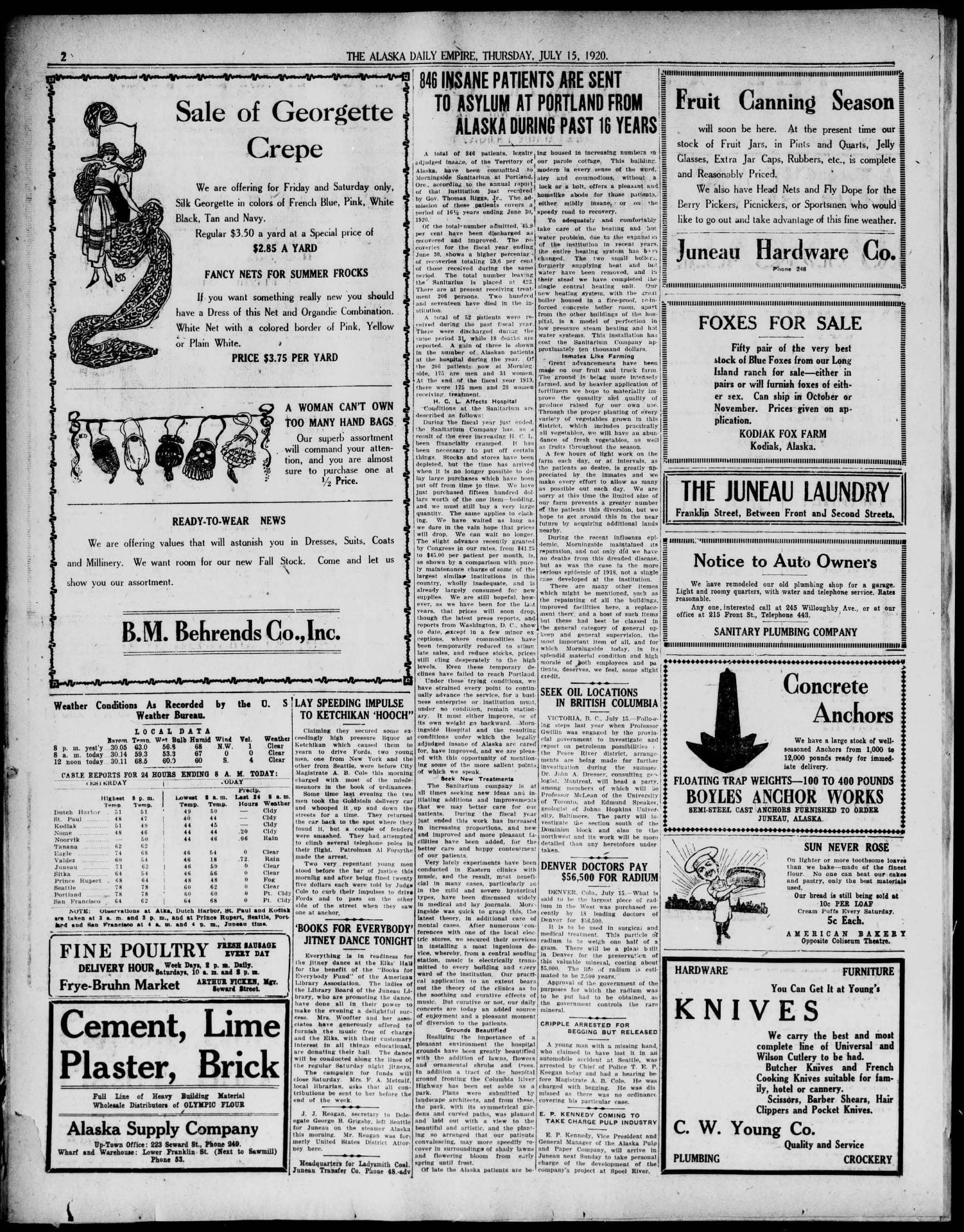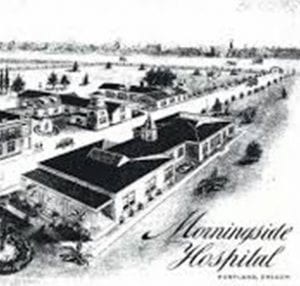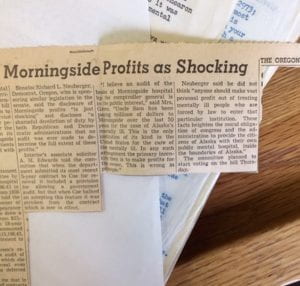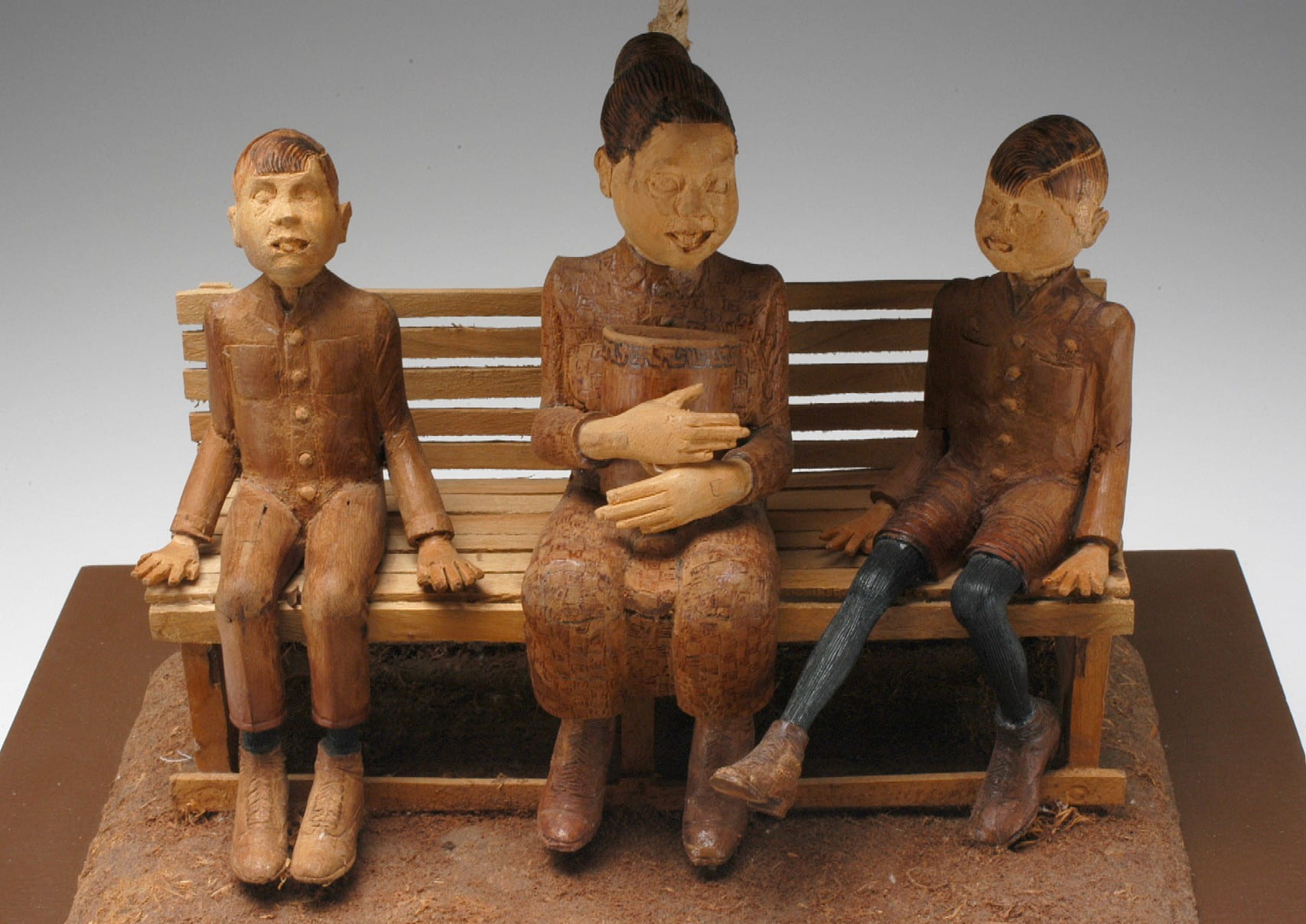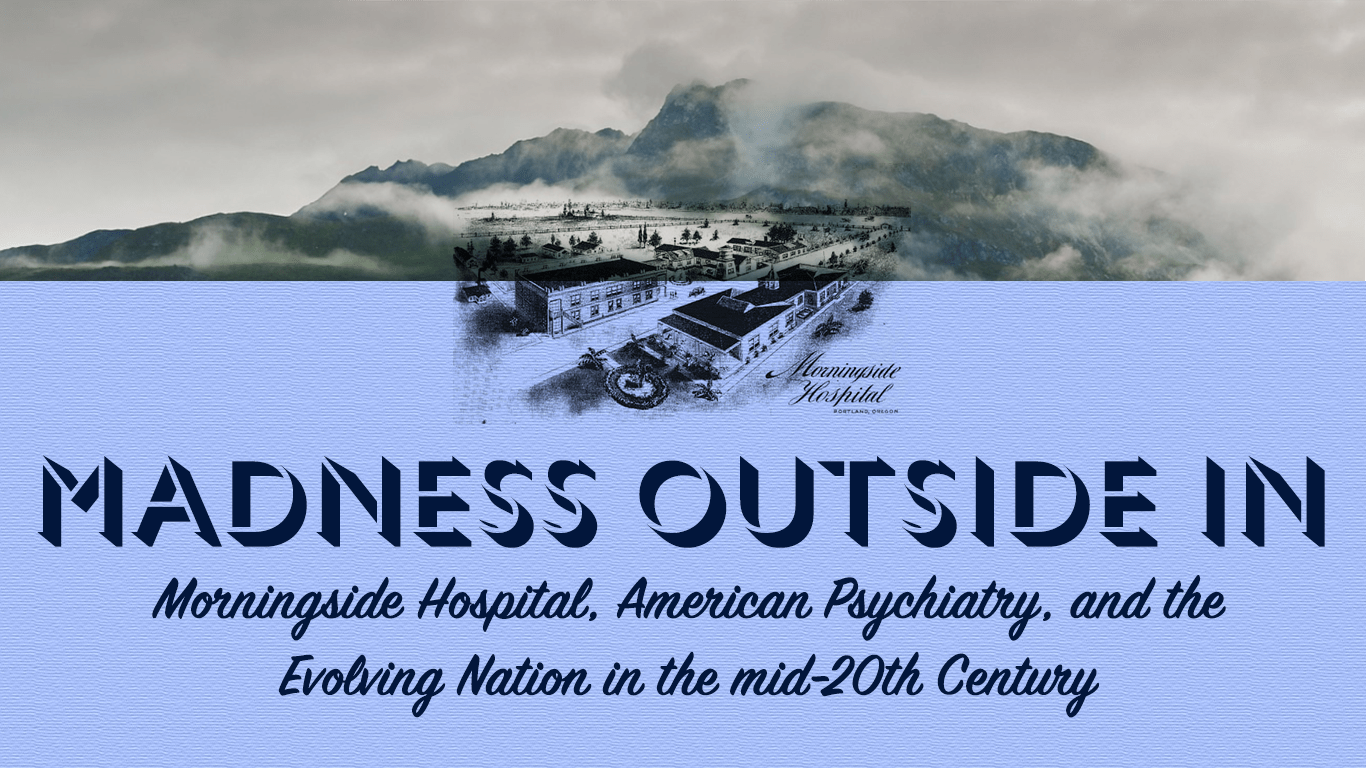
Welcome to Madness Outside In: Morningside Hospital, American Psychiatry, and the Evolving Nation in the mid-20th Century, an Andrew W. Mellon Project by Professor Mary Wood, Department of English and Professor Kristin Yarris, Department of Global Studies. The project aims to examine mid-20th century American psychiatry through a case study of the Morningside Hospital, which operated in Portland, Oregon from 1903-1963.
The story of Morningside Hospital is a story about the role of mental health care in the formation of the U.S. as a nation, and about how tensions over psychiatry and mental distress overlap with tensions about statehood, governance, expansion, land use, and the meanings of citizenship. In the first half of the 20th century, mental illness was often considered a crime, people seen as mentally ill were brought before criminal courts, and limited infrastructure existed to support the treatment and care of persons exhibiting signs of mental illness. This was especially the case in the then-Territory of Alaska, from where people diagnosed with mental illness traveled hundreds of miles away—often again their will and their families’ wishes– to Morningside Hospital in Oregon. Morningside, a private hospital, contracted with the federal government to transport and treat the Alaska patients, a diverse population composed of Native Alaskans, Russian immigrants, and workers in the mines, fisheries, and other industries. Our project focuses on the 1950s and early 1960s, when Morningside reached the pinnacle of its operation and also faced the height of controversy surrounding its questionable arrangement with the U.S. government.
Additionally, the 1950s saw the publication of the first Diagnostic and Statistical Manual of Mental Disorders (DSM), which was utilized by psychiatrists practicing at Morningside. By examining the history of Morningside Hospital, we hope to illuminate tensions surrounding the care and treatment of mental distress, and the state’s role in providing that care and treatment, that continue to the present.
The Oregonian April 13, 1955. “A bill has been written to provide hospitals in Alaska rather than sending patients to Portland.” From DeWitt Burkes Papers, 1940-1957, Ax 106, Box 2, Special Collections and University Archives, University of Oregon Libraries.
Listen
Listen to conversations and re-enactments based on primary archival materials related to the mid-twentieth-century history of Morningside Hospital and the Alaska Mental Health Act. You can hear letters from members of Southern California women’s clubs, objecting that Congress is planning to send their husbands and sons to a gulag in the Alaska wilderness; minutes from meetings where psychiatrists discuss whether a long-term patient will be able to survive outside the hospital; and diagnostic debates about whether a patient has, following psychoanalysis, an underdeveloped ego or, in accord with the then-brand-new Diagnostic and Statistical Manual of Mental Disorders, a mood or brain disorder.
Read
Professors Wood and Yarris are developing a co-authored book manuscript based on their research about the Morningside Hospital. The book is tentatively titled, Madness Outside In: Psychiatry, Public Mental Health Care, and the Imagined Nation in mid-Twentieth-Century America, and is intended for both academic and public audiences interested in the history of psychiatry within the broader context of U.S. history in the mid-20th century. The book is organized into six chapters, outlined below, and draws on our archival research conducted in public and university archives at the University of Oregon, the Oregon Historical Society, and the University of Alaska.
Explore
Here we list the webpages and contact information for a variety of our groups and organizations that we have met along the way in our journey developing our project on the Morningside Hospital. Some of these groups do advocacy with mental health consumers around alternatives to psychiatric treatment; other groups are repositories of public information on the history of mental health care in Oregon and around the U.S.

